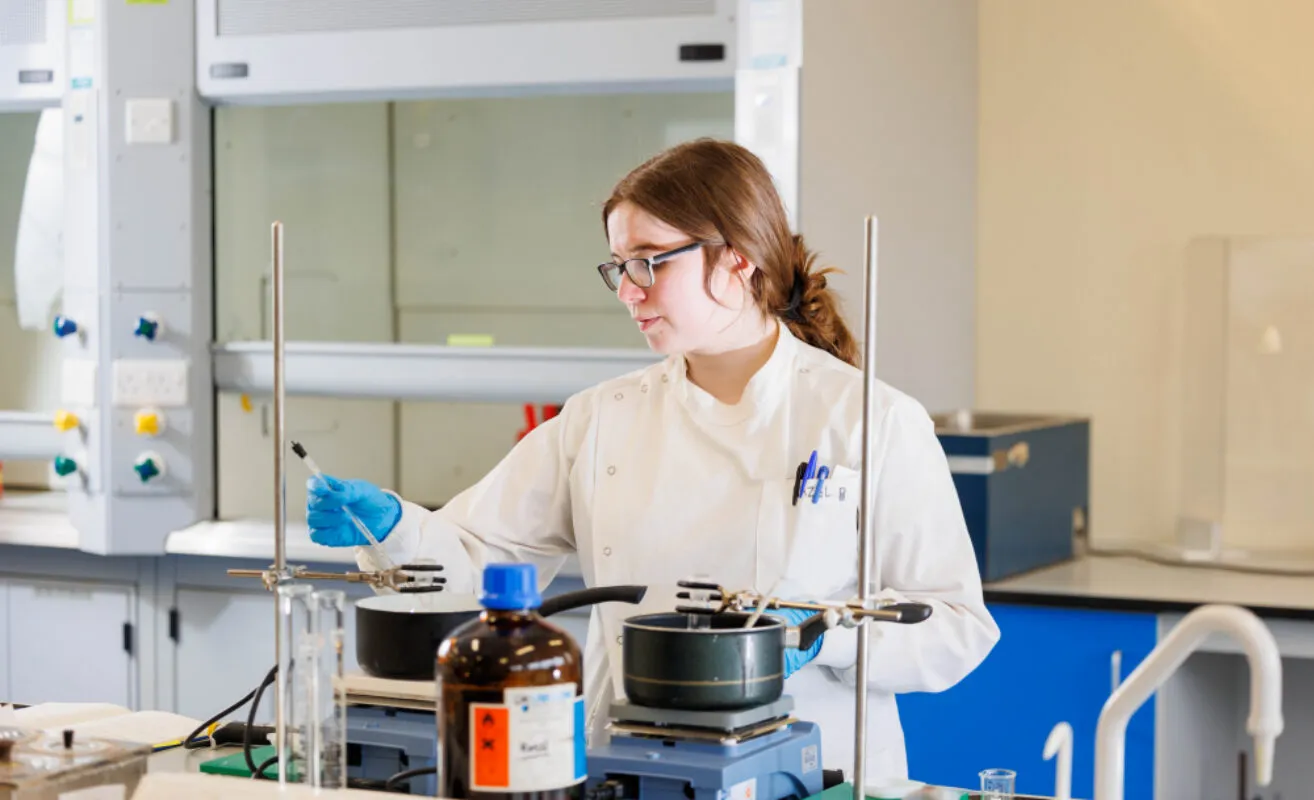Entry Requirements
Applicants are required to have a Level 6 Higher Certificate in Applied Science from TUS or equivalent qualification received from another university.
Further Education/Prior Learning Applicants
Applications will also be considered for Direct/Advanced Entry from those with a FETAC Level 5/6 qualification (or equivalent) and/or relevant prior learning. Click here to learn more.
International Applicants
International applicants should apply directly to the International Office at TUS, allowing plenty of time for completing the visa process. Applications for September start should be made by 1st June at the latest to ensure visas are processed in time. You should familiarise yourself with visa processing times for your country of origin to ensure you make a timely application. Find out more here.


